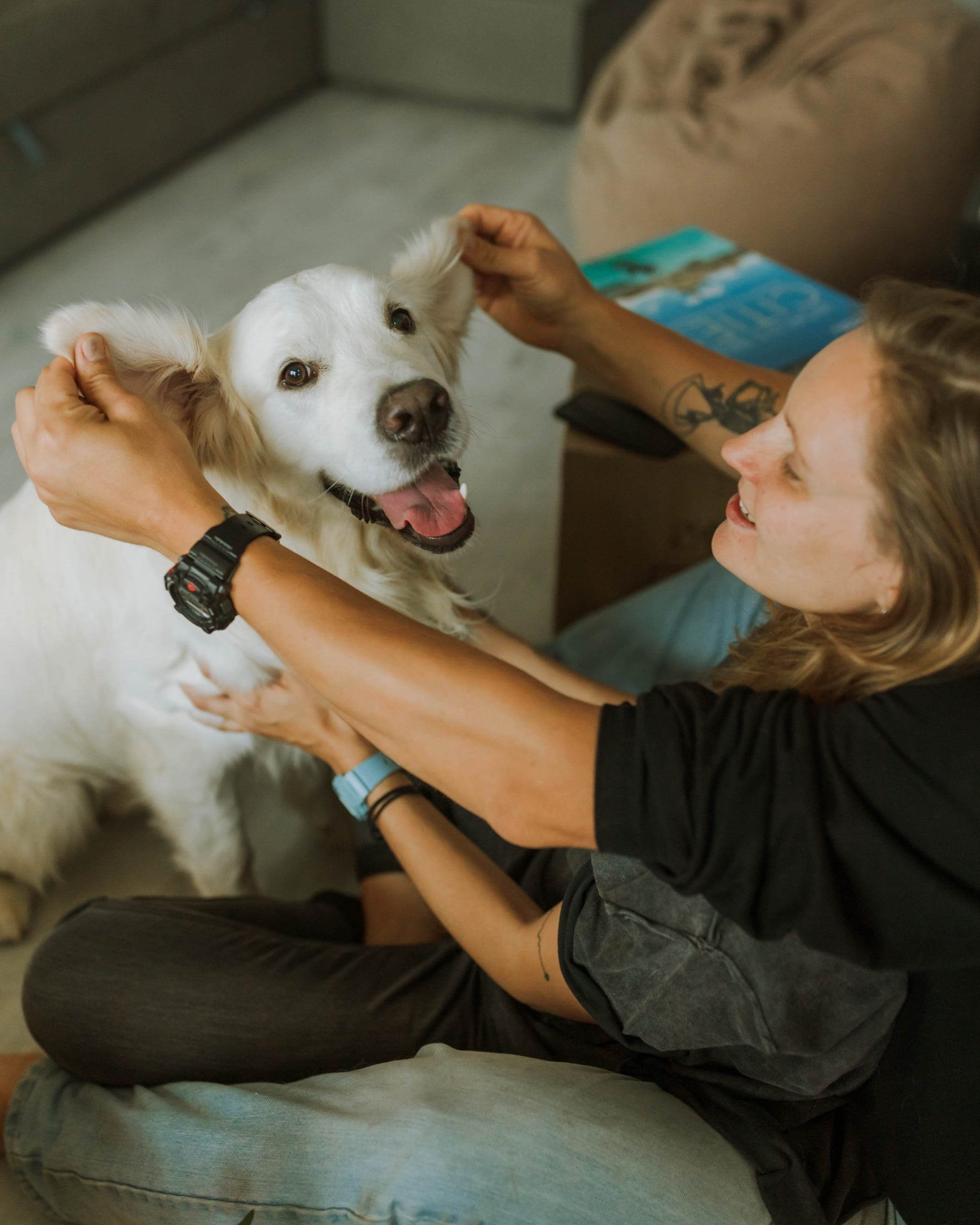As a devoted dog owner, it’s understandable to be concerned about your pet’s well-being. One serious issue that can arise is an intestinal blockage, which occurs when an object obstructs the normal flow of food and waste through the digestive system. Being aware of the signs and symptoms is vital for timely intervention, which can significantly impact your dog’s recovery.
Causes of Intestinal Blockages
Intestinal blockages can arise from various sources. Dogs, being naturally curious, often chew and swallow items that are unsafe. This can include toys, clothing, or inappropriate foods. Some dogs may ingest foreign objects while playing or scavenging, leading to potential health risks. If you suspect your dog has swallowed something hazardous, vigilance is essential.
Symptoms to Watch For
Vomiting is one of the most prevalent symptoms of an intestinal blockage. If your dog starts vomiting, note the frequency and the contents. Persistent vomiting, especially if it includes yellowish-green bile, indicates that the stomach is trying to rid itself of contents but cannot pass them through the intestines. This situation requires immediate attention.
A change in appetite is another crucial sign. Dogs with intestinal blockages may refuse food or water altogether. A sudden lack of interest in eating or drinking should raise concerns. Sometimes, a dog may attempt to eat but subsequently vomit, indicating a serious issue that warrants a veterinarian’s evaluation.
Abdominal pain can also signal a blockage. Observe your dog for increased restlessness, pacing, or a hunched posture. If pressing gently on the abdomen causes flinching or vocalization, this suggests discomfort. Excessive whining or panting may further indicate that something is amiss and should prompt a visit to the vet.
Additionally, monitoring bowel movements is essential. A dog that hasn’t had a bowel movement in over 24 hours could be experiencing a blockage. Conversely, a blockage may cause diarrhea as the body tries to expel the obstruction, though diarrhea can also be a sign of other gastrointestinal issues.
Dehydration poses another risk, especially if your dog is vomiting or not eating or drinking. Signs include dry gums, lethargy, and reduced skin elasticity. If these symptoms accompany others, prompt veterinary care is crucial to prevent complications.
Risk Factors and Prevention
Certain breeds are more susceptible to intestinal blockages, particularly those prone to eating non-food items, such as terriers. Nevertheless, any dog can face this risk. Being aware of your dog’s habits can help you take preventive measures, such as keeping small objects out of reach and supervising playtime.
If you suspect an intestinal blockage, visiting a veterinarian is imperative. A physical examination and diagnostic imaging, like X-rays or ultrasounds, may be necessary to locate and evaluate the blockage’s severity. Early diagnosis can significantly enhance recovery chances.
Treatment Options
Treatment varies based on the blockage’s cause and severity. If the condition is not severe and the dog is stable, the veterinarian may recommend withholding food and water temporarily to allow the intestines to rest. In more serious cases, surgical intervention might be required to remove the obstruction. Your vet will clarify the risks and benefits and outline what to expect during recovery.
Post-surgery care is critical to your dog’s healing. Following your veterinarian’s specific instructions regarding dietary changes and activity restrictions is essential. Monitor your dog’s behavior during recovery, and report any unusual symptoms to the vet immediately.
Long-Term Health and Vigilance
To prevent future intestinal blockages, consider proactive measures such as supervising your dog during play and ensuring a balanced diet suitable for their age and breed. Avoid giving table scraps or human food that could upset their stomach. Regular veterinary check-ups can help identify potential health issues early.
If your dog has previously experienced an intestinal blockage, remain vigilant. Some dogs may be predisposed to future blockages, so closely monitoring their behavior is wise. Maintain open communication with your veterinarian and address any concerns regarding your pet’s health.
Being aware of the signs of intestinal blockage empowers you to act swiftly if issues arise. While this condition can be serious, timely intervention can lead to effective treatment and recovery. Your dog relies on your care and attention, and your vigilance can help ensure a long and healthy life for your furry companion.



